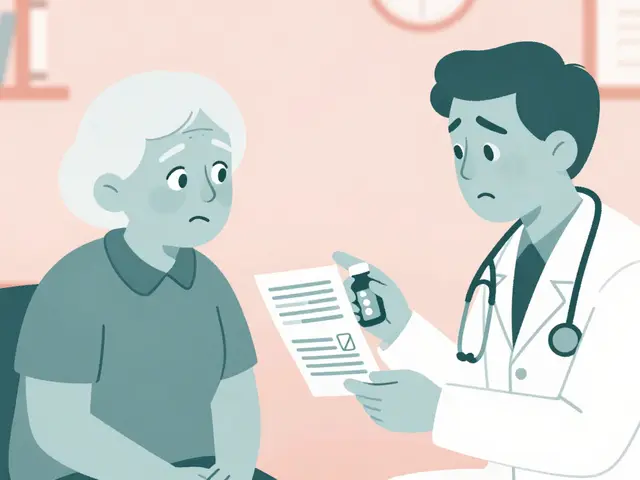Antibiotic Basics: What You Need to Know
Did you know a simple mistake can make antibiotics stop working? Understanding how these drugs work and when to use them can save you from side effects and protect future treatments.
Antibiotics are medicines that fight bacterial infections. They don’t work on viruses like the common cold or flu, so taking them for those bugs won’t help and can cause harm. The key is to match the right drug to the right bug, which a doctor decides based on symptoms and sometimes lab tests.
When to Take Antibiotics
Only start an antibiotic when a health professional says it’s needed. Common reasons include strep throat, urinary tract infections, certain skin infections, and some pneumonia cases. Even then, the exact type matters—penicillin for strep, nitrofurantoin for many UTIs, and so on.
Follow the prescription exactly: take the full amount, at the same times each day, and finish the course even if you feel better early. Skipping doses or stopping early lets surviving bacteria grow stronger, which leads to resistance.
If you’re unsure why you got a prescription, ask your pharmacist or doctor. They can explain the infection, why that antibiotic was chosen, and what side effects to watch for.
Preventing Antibiotic Resistance
Resistance happens when bacteria change and no longer respond to a drug. One major cause is overusing or misusing antibiotics. Here are simple steps to keep resistance at bay:
- Never demand antibiotics for viral illnesses. A cold will clear up on its own.
- Take the full prescribed course even if symptoms improve.
- Don’t share pills with family or friends—what works for you might not be right for them.
- Store meds properly and discard any that are expired.
- Ask about alternatives like rest, fluids, or over‑the‑counter pain relievers when appropriate.
Good hygiene also cuts down infections that need antibiotics. Wash hands regularly, keep wounds clean, and stay up to date on vaccinations.
If you experience side effects—like diarrhea, rash, or unusual fatigue—contact your doctor right away. Sometimes a different antibiotic works better or a probiotic can help manage gut upset.
Remember, antibiotics are a powerful tool, but they’re not a cure‑all. Using them wisely protects your health today and preserves their effectiveness for tomorrow.
Cipro Antibiotic Uses, Side Effects, and Important Safety Warnings Explained
Cipro, also known as ciprofloxacin, is a commonly prescribed antibiotic used to fight a variety of bacterial infections. This article covers how Cipro works, what conditions it treats, essential tips for taking it, and the side effects you should really watch out for. Learn about real risks, safe use, interactions, and the questions you should always ask your doctor. Get the facts before you start your next round of antibiotics.






